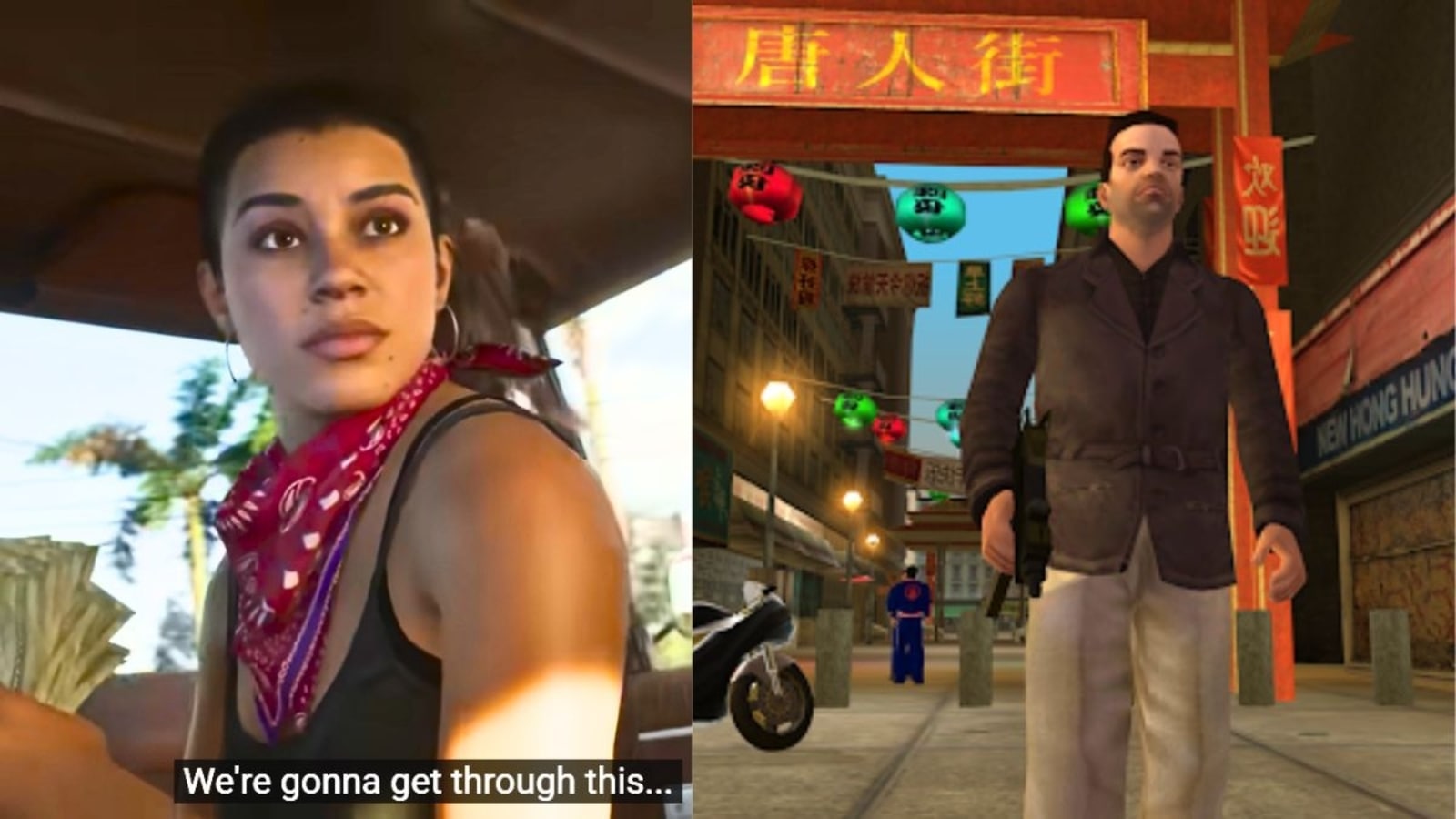Gov. Pedro R. Pierluisi of Puerto Rico lost his bid for a second term on Sunday, suffering a rare defeat by a sitting governor on the island after a rancorous primary.
Mr. Pierluisi was defeated by Representative Jenniffer González-Colón, Puerto Rico’s nonvoting member of Congress, in the primary for the governing New Progressive Party, which supports Puerto Rican statehood, The Associated Press reported.
Four years ago, Mr. Pierluisi and Ms. González-Colón ran as allies on the same ticket, promising unity after a tumultuous period that included the resignation of a former New Progressive governor. But in challenging Mr. Pierluisi, her former ally, Ms. González-Colón cast his administration as out of touch and ineffective.
Puerto Rican politics do not neatly align with partisan politics in the mainland. While Mr. Pierluisi and Ms. González-Colón both belong to the pro-statehood party, Mr. Pierluisi is a Democrat and Ms. González-Colón is a Republican.
In the other primary held on Sunday, for the Popular Democratic Party, which supports the island’s existing status as a U.S. territory, State Representative Jesús Manuel Ortiz defeated State Senator Juan Zaragoza by a wide margin. The general election will be held Nov. 5.
Puerto Rico has been rebuilding its tenuous economy after the severe blows caused by a financial crisis, a bankruptcy, Hurricane Maria and the coronavirus pandemic. But many Puerto Ricans remain deeply frustrated by power outages, a housing crisis and the high cost of living — as well as by the slow pace of reconstruction after Maria, a Category 4 storm that devastated the Caribbean island in 2017.
In the wake of so much upheaval, Puerto Rico’s politics have started to shift, with the island’s long-dominant New Progressive and Popular Democratic parties facing growing support for newer, smaller parties that are less concerned with the defining question of Puerto Rico’s political status.
In Puerto Rico’s last election, in 2020, one of those newer parties, the Citizen Victory Movement, whose leaders pledged to focus on solving economic and social problems, drew many younger voters. Another newer party, Project Dignity, whose candidates ran on right-wing social issues, attracted Christian conservatives.
Before this year’s election, the Citizen Victory Movement formed an alliance with the Puerto Rican Independence Party, one of the island’s smaller parties. Their candidate for governor is Juan Dalmau, a former state senator.
Mr. Pierluisi was elected in 2020, having defeated his successor, Gov. Wanda Vázquez, also a New Progressive, in a primary that year. Ms. Vázquez had become governor under unusual circumstances, after former Gov. Ricardo A. Rosselló, a New Progressive, resigned after huge protests in 2019. The demonstrations began after the leaking of private messages in which Mr. Rosselló and his closest aides insulted Puerto Ricans.
Mr. Rosselló chose Mr. Pierluisi to succeed him, but the Puerto Rico Supreme Court ruled that the appointment was improper. In the interim, Mr. Pierluisi was the de facto governor for five days.
During the campaign this year, Mr. Pierluisi pointed to achievements from his first term, such as economic improvements and projects that were completed or now underway. Ms. González-Colón, however, condemned public corruption, which has long plagued Puerto Rican governments, and harnessed people’s anger over day-to-day pocketbook issues.

























